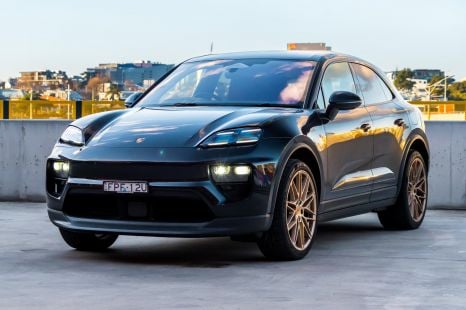

James Wong
2026 Porsche Macan review: Long-term introduction
5 Hours Ago
The Hyundai Motor Group will work with a US startup to develop and install solid-state batteries in electric vehicles.

News Editor
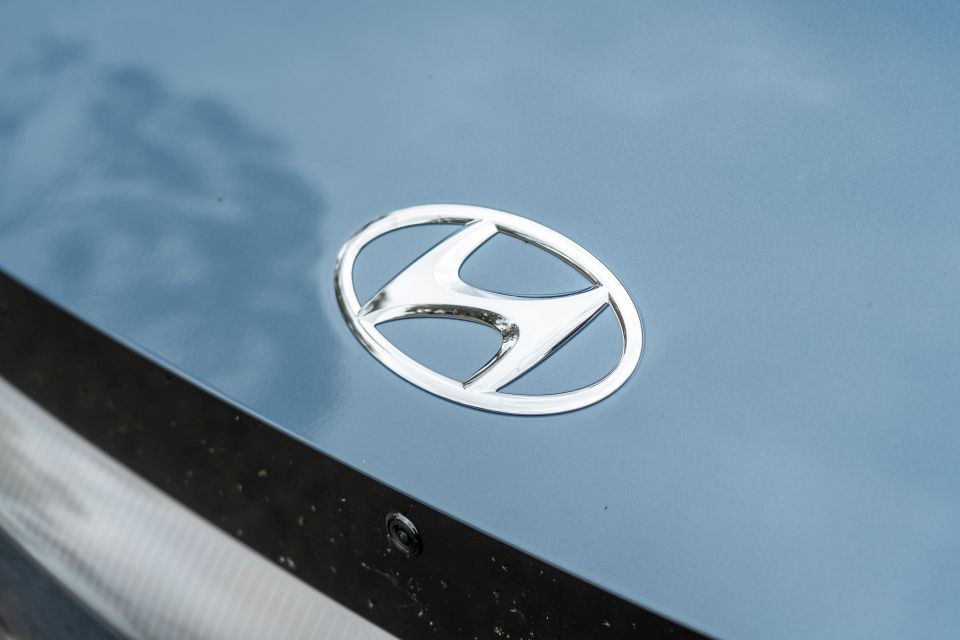

News Editor
Hyundai and Kia are tying up with a Massachusetts-based startup to test new solid-state batteries in Hyundai Motor Group vehicles.
The firm, Factorial Energy, says it has developed breakthrough solid-state batteries that are safer, cost no more than lithium-ion batteries, and boast 20 to 50 per cent longer range per charge.
They use a proprietary system called Factorial Electrolyte System Technology (FEST), which uses a solid electrolyte material that’s been scaled in 40Ah cells.
Factorial Energy also says its batteries can be produced on most existing lithium-ion battery manufacturing equipment.
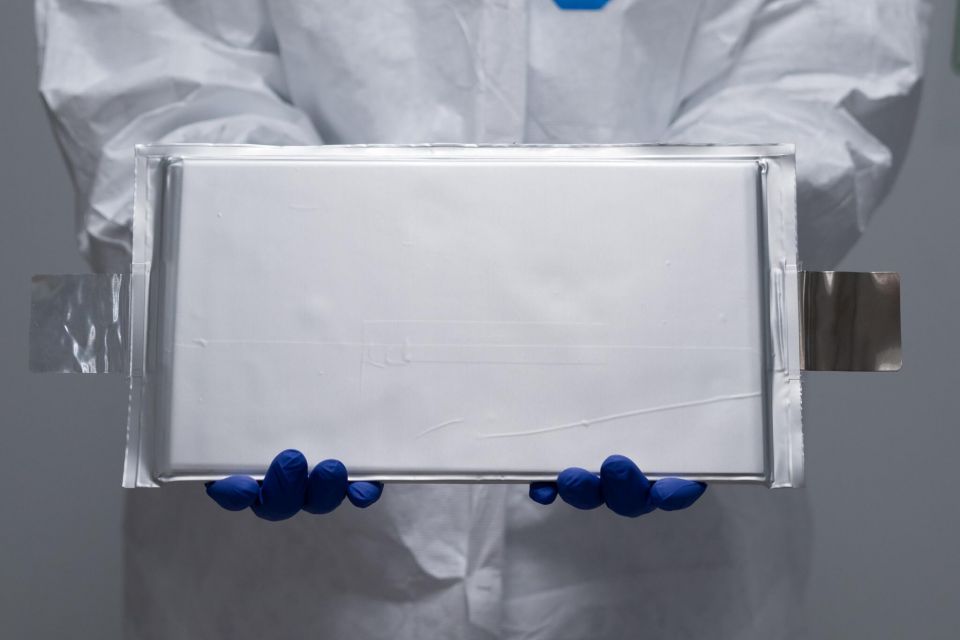
The joint development agreement will involve Factorial integrating its technology in vehicles from the Group, with the two companies working together to develop specifications for manufacturing Factorial’s batteries.
That said, the companies have yet to announce when we’ll see the technology in production vehicles.
Hyundai-Kia’s investment in Factorial represents the startup’s first major strategic investment from an automaker.
“Our partnership with Hyundai is yet another validation of our solid-state battery technology, and we look forward to demonstrating its market readiness in Hyundai vehicles,” said Factorial Energy CEO Siyu Huang.
“We can help unlock mass adoption of electric vehicles — and the resulting environmental benefits — through our safe and long-range batteries.”
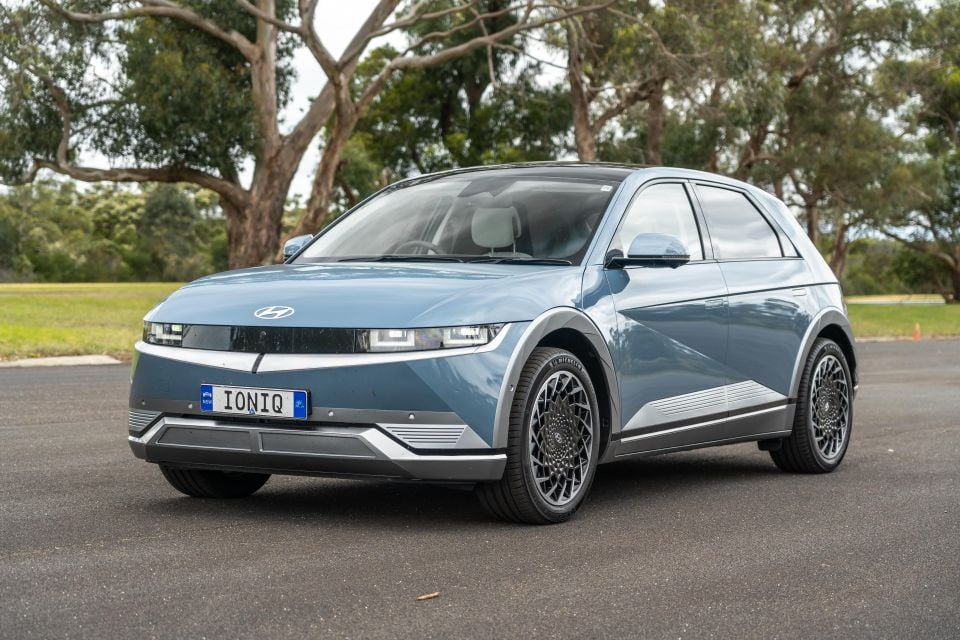
The startup has some heavy hitters on its advisory board, including former Mercedes-Benz head Dieter Zetsche and former Ford CEO Mark Fields.
As the name suggests, solid-state batteries use a solid electrolyte material instead of a liquid electrolyte.
They boast higher energy density and are said to be less susceptible to fire.
Solid-state batteries are seen as the next frontier in battery technology, with the likes of BMW, Ford, General Motors, Toyota and Volkswagen all investing in development of the technology.
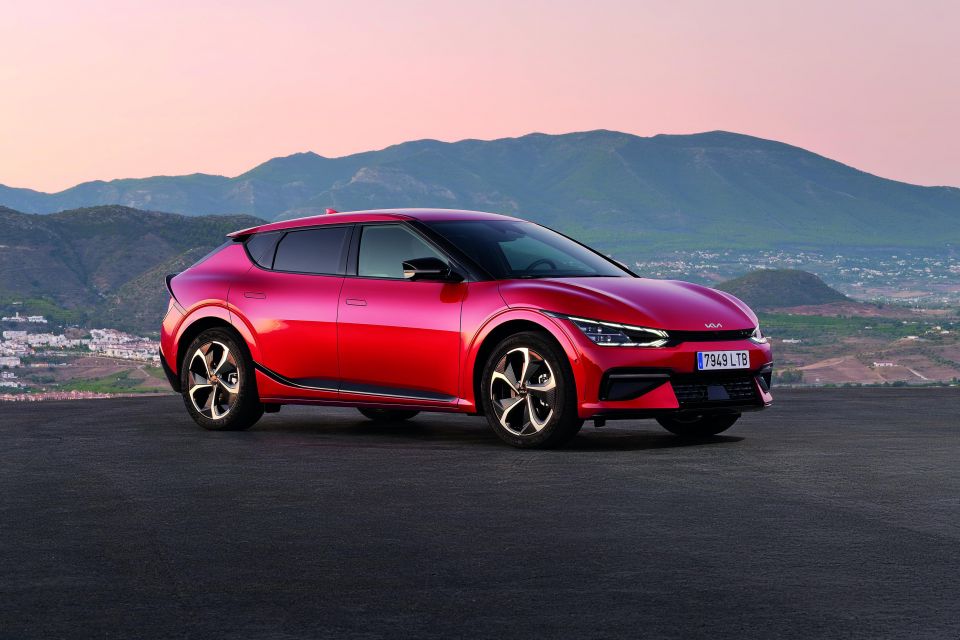
Toyota has been testing the technology since 2020 and says it will first introduce the batteries in its hybrid vehicles.
The Nagoya-based firm says it will use solid-state batteries first in hybrids as it has decades of experience with this setup, allowing for a faster path to production, and enabling it to gain customer feedback before rolling out the tech into its upcoming electric vehicles.
It says a short service life is the primary concern with the batteries, and is therefore continuing its development of solid electrolyte materials.
Another issue that has appeared with solid-state batteries is their poor performance in colder temperatures.
BMW and Ford are also working on the technology, with both having invested in a US start-up called Solid Power that specialises in solid-state batteries.
Hyundai has invested in this company previously.
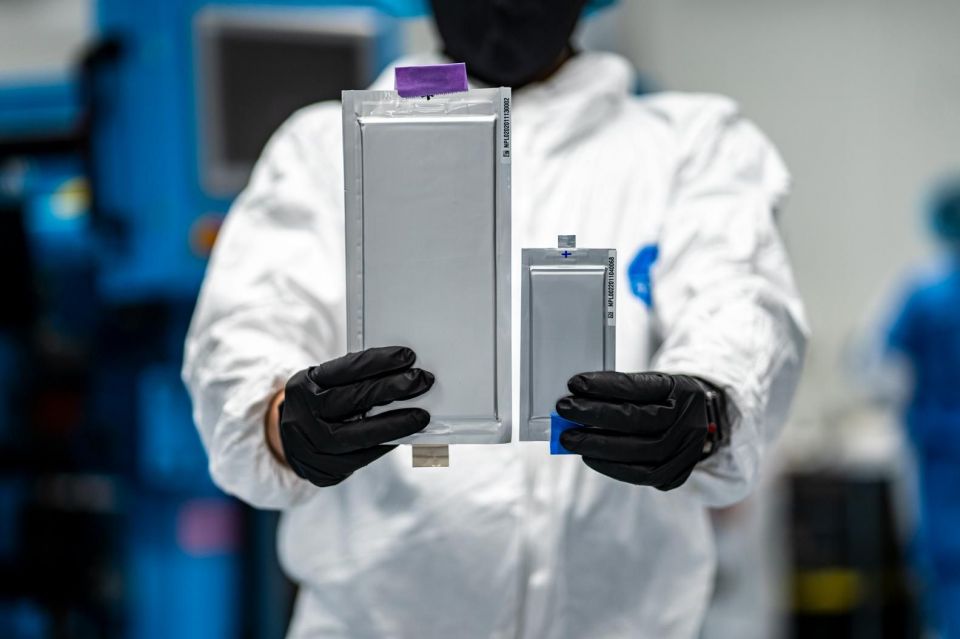
“It’s easy to produce one solid-state battery but to make it last for the lifetime of the vehicle, the technology’s not ready yet, and we see it’s still some years out,” said Darren Palmer, Ford’s general manager for battery-electric vehicles.
“So we’ve invested in companies to do that, to make sure we’re ready to bring that on board and we’re tooling up our plants to be flexible to be able to do that as well.”
Ford says solid-state batteries will allow it to increase range, improve interior packaging, and lower costs.
Solid Power says its battery tech can deliver 50 per cent more energy density than current lithium-ion battery units.
In December 2020, Volkswagen-backed company QuantumScape announced it will have its solid-state batteries ready for production in 2024, while GM’s recently announced battery development centre in Warren, Michigan will develop solid-state batteries among other battery types, including silicon.
William Stopford is an automotive journalist with a passion for mainstream cars, automotive history and overseas auto markets.


James Wong
5 Hours Ago
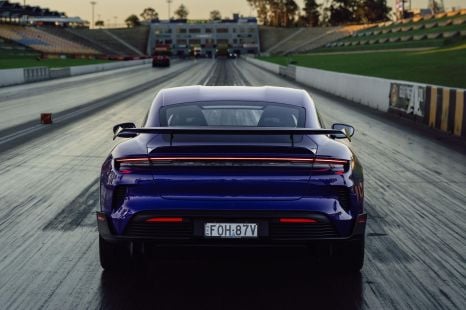

Toby Hagon
12 Hours Ago
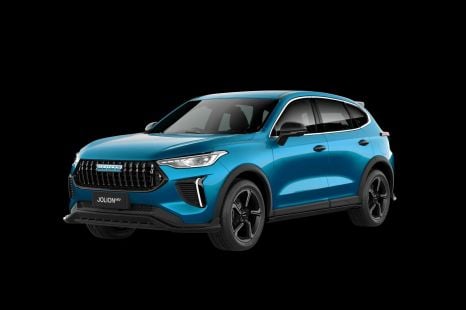

William Stopford
13 Hours Ago
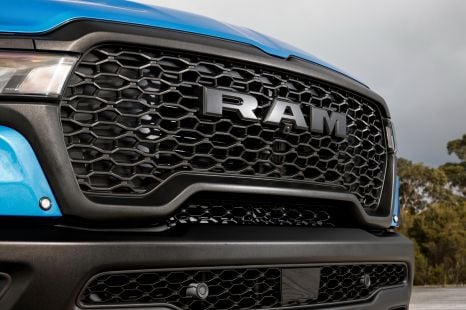

William Stopford
14 Hours Ago
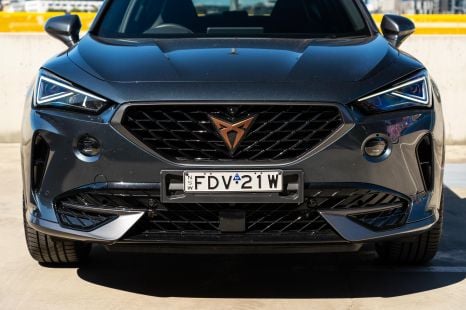

James Wong
15 Hours Ago
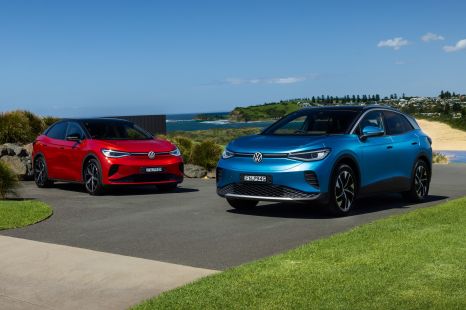

Damion Smy
17 Hours Ago